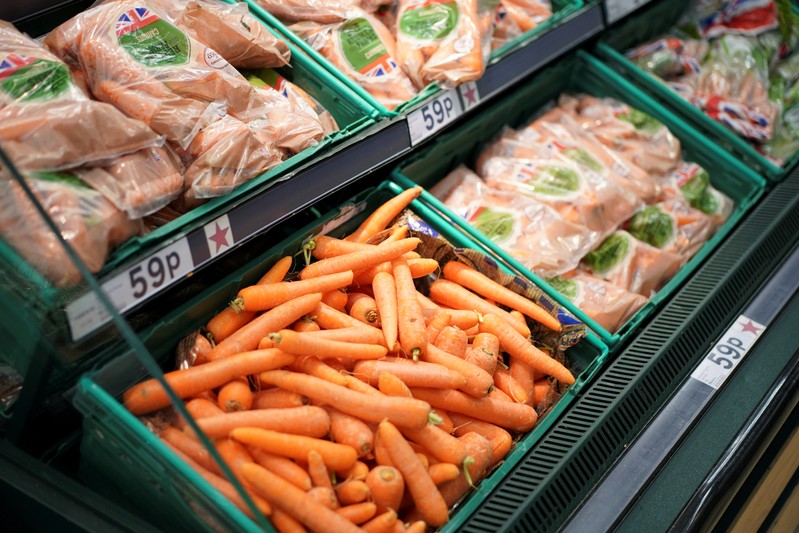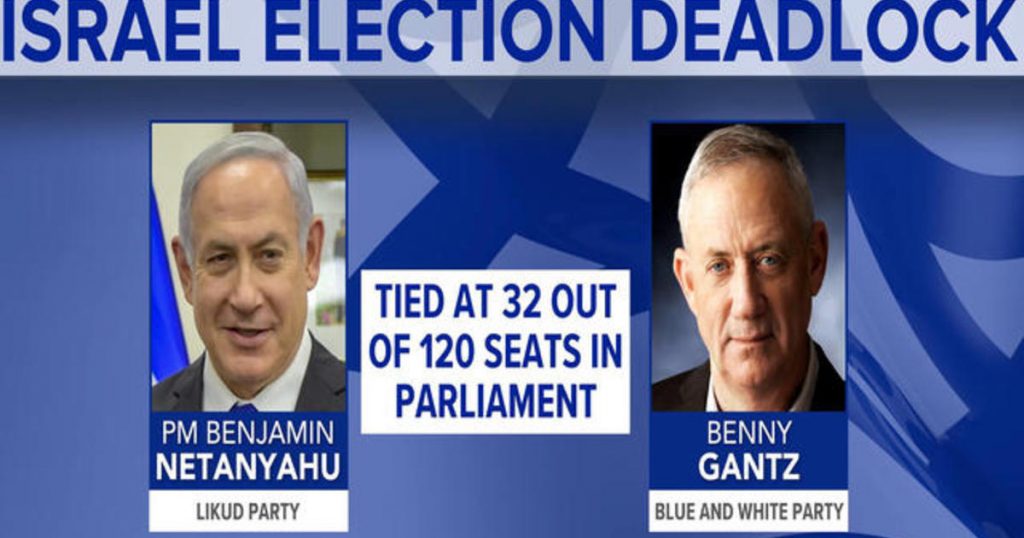
FILE PHOTO: Vegetables are displayed for sale inside a supermarket in London, Britain August 7, 2019. REUTERS/Henry Nicholls/File Photo
September 18, 2019
By Andy Bruce and William Schomberg
LONDON (Reuters) – Consumer prices in Britain rose last month at the slowest rate since December 2016, a pre-Brexit boost to the spending power of households who are also seeing the fastest wage growth in 11 years.
Prices of goods and services paid by consumers rose at an annual rate of 1.7% in August after a 2.1% increase in July, the Office for National Statistics (ONS) said on Wednesday. A Reuters poll of economists had pointed to a rate of 1.9%.
Separate ONS figures showed British house prices rose in July by just 0.7% in annual terms, the smallest rise since 2012, as weakness in the London market spread to other parts of England.
Overall, the fall in inflation should boost households whose spending has fueled the economy while businesses cut investment ahead of the Oct. 31 deadline for leaving the European Union.
The drop came despite a sharp fall in the value of sterling in August as the Brexit crisis escalated, although it took more than a year for inflation to peak after the pound’s post-referendum depreciation of 2016. Sterling has rebounded this month.
“Improved consumer purchasing power is particularly welcome news for an economy currently struggling markedly amid major Brexit, domestic political and global economic uncertainties,” said economist Howard Archer from the EY ITEM Club consultancy.
Sterling extended losses after the data and was last down 0.3% at $1.2454 <GBP=D3>. British government yields also fell.
The ONS said the fall in inflation was driven mainly by a decrease in computer game prices, as well as clothing prices falling by less than last year.
It was the biggest drop in the annual rate of inflation from one month to another since late 2014.
Last month the Bank of England forecast that inflation would fall to a three-year low below 1.6% in the final quarter of this year, reflecting lower oil prices and government caps on household energy bills.
The BoE says underlying inflation pressures mean it is still likely to need to raise interest rates over the medium term, assuming Britain avoids major Brexit disruption and the global economy recovers from its slowdown.
Official data last week showed wage growth hit an 11-year high of 4.0% in the three months to July, a pace which would normally prompt the BoE to tighten rates.
But underlying inflation pressures are modest for now.
An ONS measure of core inflation, which excludes energy, fuel, alcohol and tobacco, dropped to 1.5% versus forecasts for it to fall to 1.8%.
The ONS figures also suggested little short-term pressure in the pipeline for consumer prices.
Among manufacturers, the cost of raw materials – many of them imported – was 0.8% lower than in August 2018, compared with a 0.9% increase in July, pushed down by lower oil prices. This was the biggest drop since May 2016. Economists polled by Reuters had expected input prices to fall by 0.5%.
The ONS said house prices in July rose by an annual 0.7% across the United Kingdom as a whole compared with 0.4% in June, marking the smallest rise since September 2012.
House prices are now falling in annual terms in four out of nine regions in England, the ONS said.
(Editing by Angus MacSwan)

